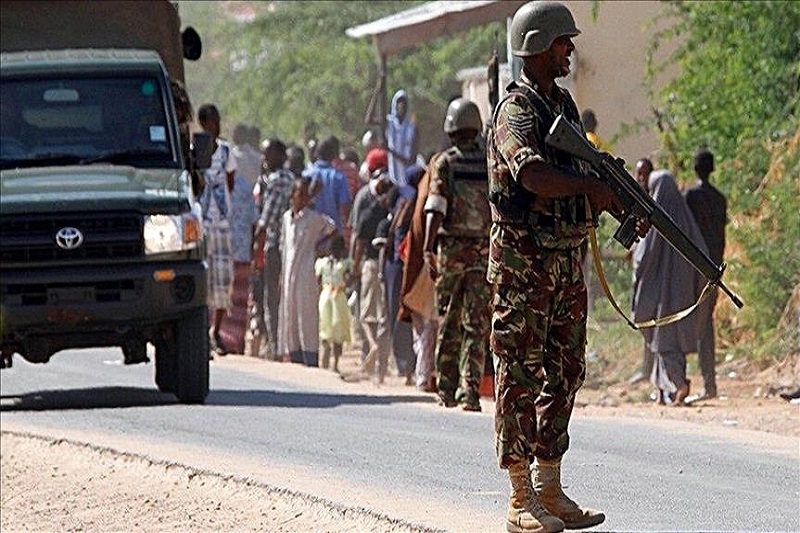Kenya said on Wednesday that it will delay the reopening of its border with Somalia as a response to recent attacks on Kenyan soil that were blamed on radical Islamists affiliated with Al-Shabaab. It was announced by the Minister of the Interior, Kithure Kindiki, that the phased reopening of the border posts in Mandera, Lamu, and Garissa could not take place as it had been announced in May.
This decision was made after separate incidents along the border last month resulted in the deaths of five civilians and eight police officers. The fatalities were attributed to a group known as Shabab, which is associated with al-Qaeda. “The government will postpone the scheduled reopening of border points between Kenya and Somalia until we conclusively address the recent spate of terrorist attacks and cross-border crimes,” Kindiki said during a visit to the Dadaab refugee camp in far eastern Kenya, which is close to Somalia.
Related Posts
Because of attacks by Al-Shabaab, which has been conducting an insurgency against the federal government in Mogadishu for more than 15 years, at the time of the border’s official closure in October 2011, the border was officially closed. During discussions between the presidents of Kenya and Somalia in July 2022, Kenyan President Uhuru Kenyatta and his Somali counterpart Hassan Sheikh Mohamud stated their intention to reopen the border between their countries; however, this never happened.
However, on May 15, after a high-level ministerial conference in Nairobi, authorities from the two nations reached an agreement to gradually restore three border crossings. This came about as a result of the meeting. Following the news, it was anticipated that Mandera would reopen during the following 30 days, followed by Garissa within the following 60 days, and Lamu within the following 90 days.
On the other hand, eight Kenyan police officers were killed in Garissa on June 13 when their vehicle was involved in an accident with an improvised explosive device. In an attack that took place on June 24 in Lamu, which is located close to the Somali border, Al-Shabaab took credit for Some of the victims who were decapitated had their throats cut. Al-Shabaab is waging war against the federal government of Somalia, which has the support of the international community, in an effort to impose Islamic law across the Horn of Africa nation.
Since its military intervention in southern Somalia in 2011 and its participation in the African Union force in Somalia (Amisom, now Atmis), founded in 2012 to fight this insurgency, neighbouring Kenya has also been targeted by this group, which also recruits among local youth.

